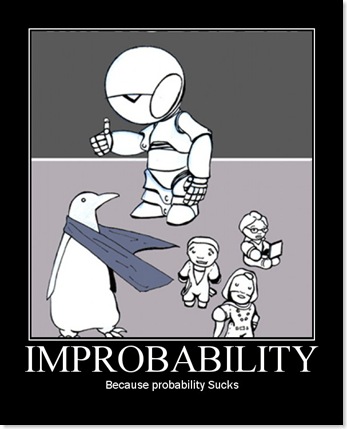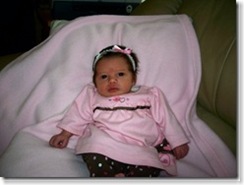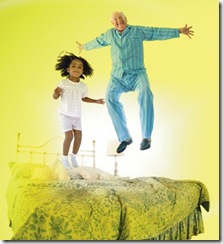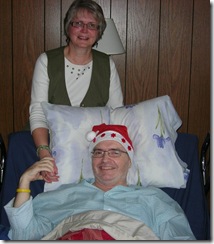I never played football in high school or college. Football was never really on my personal radar for professional or recreational sports. Sure, I remember fondly those autumn weekends in Peterborough when I would get a call from one of my friends in college or university saying "Come on, we've got a group of about 30 guys going over to Crestwood Secondary School for a game of touch football."
Even though I was married at the time and studying at Trent University, I would almost always take the afternoon off and join my friends, especially if there was likely to be some good natured jock talk about CFL teams getting ready for the Grey Cup. The Ottawa Rough Riders were regulars for the fall classic and it didn't hurt that several of the boys in our group were originally from Ottawa.
But apart from those memories, the only times I cared about football since were when my sons played in a regional flag football league and when the Grey Cup and Super Bowl weekends rolled around.
Sunday marks the Super Bowl 43 in Tampa Bay with the Arizona Cardinals and the Pittsburgh Steelers. I plan on watching the game from the vantage point of my medical bed in the family room, although I don't know whether I'll be able to tough it out having already watched a Raptors home game against the Orlando Magic at noon.
If there is any professional sports game that can lay claim to best representing the American spirit, it is football. A recent book, How Football Explains America, was reviewed recently by Jeffrey Marlett in an article Gridiron Nation in First Things: The Journal of Religion, Culture, and Public Life. If there is a sport which both appeals to and repels (its super patriotism and full-blown militarism) me at the same time it is football.
Part of the attraction of football is that it imparts lessons. I received notice today from Carnegie Mellon University of another video being released of Randy Pausch talking about lessons learned for life from football. Randy is, as you recall, the inspirational person who died just this summer from complications in his fight with pancreatic cancer. His book and video have been very inspirational for me as I deal with my unwanted journey. The newest excerpt is embedded in this blog.
There is nothing specific to lessons learned in the fight against cancer in this video extract. These are general life lessons. But as Randy says, when there is an elephant in the room (namely, cancer), you really should introduce the elephant first. In addition, I find that part of the reason that I have an elevated interest in life lessons these days is precisely because I have cancer and because my prognosis is short. There is an elephant in my room and he seems pretty big.








